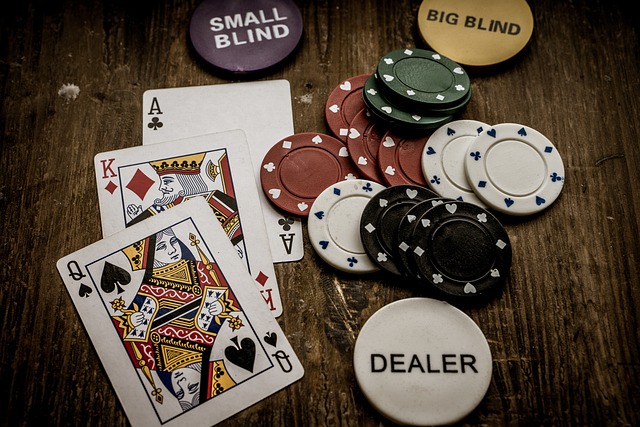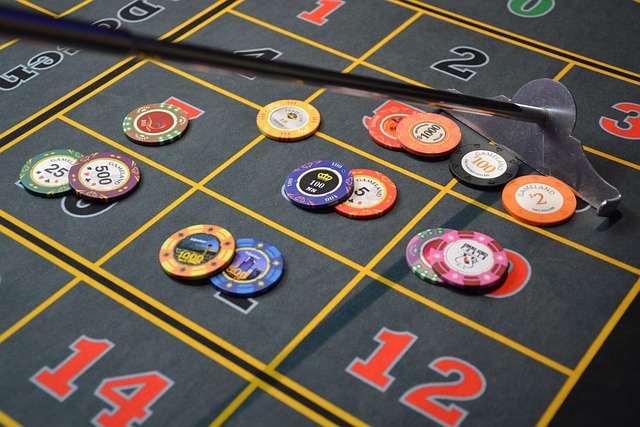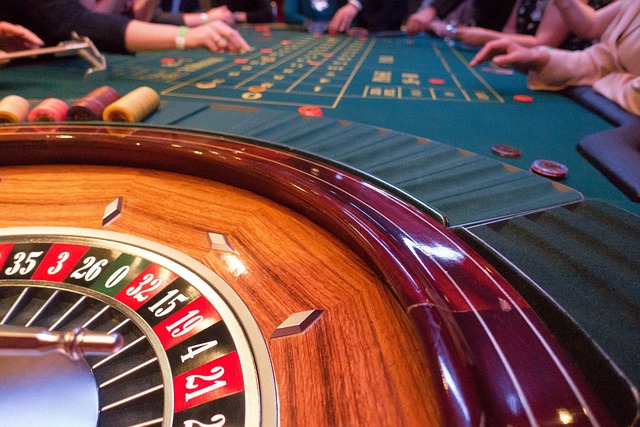The art of diplomacy, often compared to a refined game of poker, hides behind its calculated moves a series of bold bets that have defined the contours of world history. It requires a click; in centuries past, however, entering the game of international diplomacy required strong nerves and an almost prophetic ability to read the opponents, just like at the poker table.
The Congress of Vienna: A Global Gaming Table
Immediately following the chaos unleashed by the Napoleonic Wars, the Congress of Vienna of 1814-1815 proved to be a theater of diplomatic cunning, where the great powers of Europe danced around a table to redraw the borders of the continent. Every step, every gesture in Vienna was a calculation, a gamble on how to build a pacified continent, almost a chess game with history.
Yalta Roulette: Dividing the World
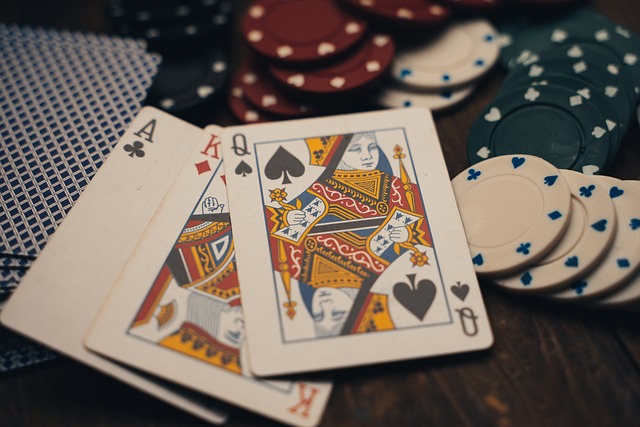
In the freezing February of 1945, the smoking ruins of Europe formed the backdrop for another drama: that of Yalta. Here, amid the coils of a cold-shrouded Crimea, Roosevelt, Churchill, and Stalin passed around the future of the world as if it were a coin to be played in the casino of geopolitics. The chips? Entire countries. The bets? Postwar zones of influence. With the skills of veteran poker players, they negotiated divisions and concessions, with Stalin, adept at bluffing, tearing away chunks of Eastern Europe for the Soviet Union, turning Yalta into a decisive round of diplomatic roulette.
The Treaty of Tordesillas: Drawing Destiny on a Map
Imagine a world barely bigger than an idea, a globe as vast and mysterious as an unexplored ocean. In this scenario, in 1494, Spain and Portugal sat down to gamble the new world on a map. The Treaty of Tordesillas was the fruit of this daring game: a line drawn 370 leagues west of the Cape Verde Islands divided the world not yet fully known between two Iberian kingdoms. That line, more imaginary than real, became one of the most influential geopolitical borders in history, a gamble based more on visions and hopes than on real cartographic certainties, delineating spheres of influence that would define geopolitics for centuries.
The Cuban Missile Crisis: A Risky Game
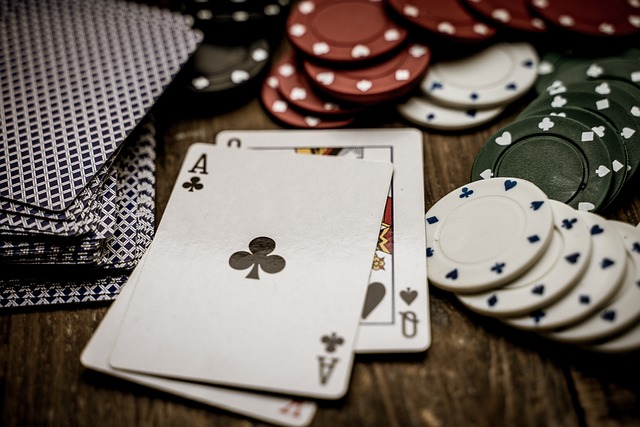
October 1962, another moment in which the world held its breath in the face of a gamble of nuclear proportions. The discovery of Soviet missiles in Cuba by the United States pitted Kennedy and Khrushchev against each other. Every move was critical, every decision had the potential to spark a global conflict. Kennedy opted for a naval blockade, a move that could have been interpreted as a casus belli, betting that Khrushchev would yield rather than descend into nuclear war. It was a gamble that ended in a secret agreement and the Soviet withdrawal, proving that even in the most tense situations, diplomatic poker can avert catastrophe.
Conclusion
From Vienna to Yalta, from Tordesillas to the Cuban Missile Crisis, diplomacy has often taken the form of a game of poker, where bluffing, betting, and long-term strategy have shaped the course of history. These games have not been played with cards and chips, but with territories, peoples, and ideologies. Every treaty, every alliance, every confrontation was a calculation, a considered risk, an art that required both the intuition of the player and the wisdom of the statesman.
